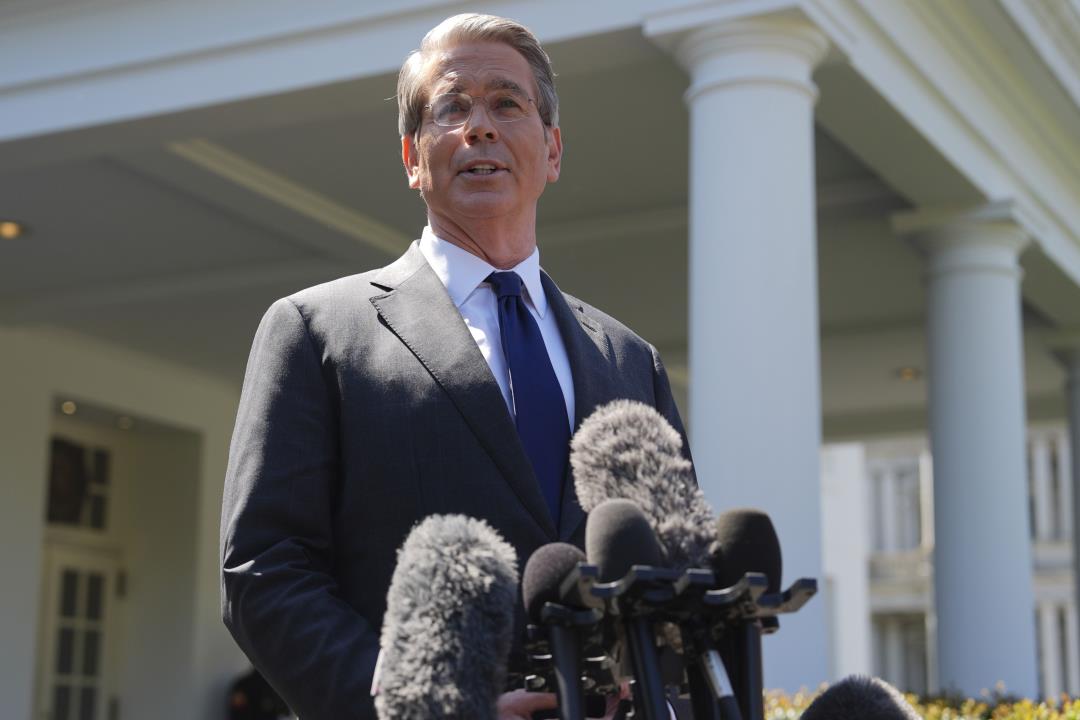Treasury Secretary Bessent Calls China Trade War Unsustainable

US official signals potential de-escalation in tariff dispute with China
US Treasury Secretary Scott Bessent has characterized the ongoing tariff conflict with China as unsustainable during a Tuesday speech to JPMorgan Chase executives in Washington. According to sources familiar with the private remarks, Bessent expressed expectations for a potential de-escalation in the trade tensions between the world's two largest economies. The Treasury Secretary's comments come amid heightened economic friction, with the United States having imposed 145% import taxes on Chinese goods and China retaliating with 125% tariffs on American products.
Despite his optimism about eventual de-escalation, Bessent cautioned that formal negotiations between the United States and China have not yet commenced. He described the upcoming talks as a "slog," indicating that reaching agreements with China would likely be a challenging and protracted process. Bessent's assessment that "neither side thinks the status quo is sustainable" suggests recognition from both countries that the current trade relationship cannot continue indefinitely without adjustment.
KEY POINTS
- •Bessent: China tariff war unsustainable
- •Formal US-China talks not yet started
- •Markets rose on de-escalation signals
The Treasury Secretary's remarks appear to have had immediate market impact, with stocks reportedly rising after Bloomberg initially published details of the speech. This market reaction demonstrates the significant influence that even preliminary discussions about US-China trade relations can have on global financial markets. Investors seem to have interpreted Bessent's comments as a positive signal that the trade conflict might eventually ease.
Bessent's statements represent one of the first major economic policy positions articulated by a senior Treasury official in the new Trump administration. The comments provide insight into how the administration may approach its economic relationship with China following President Trump's return to office in 2025. The Treasury Secretary's remarks suggest a potential shift toward seeking resolution of trade disputes while acknowledging the complexity and difficulty of negotiations with China.